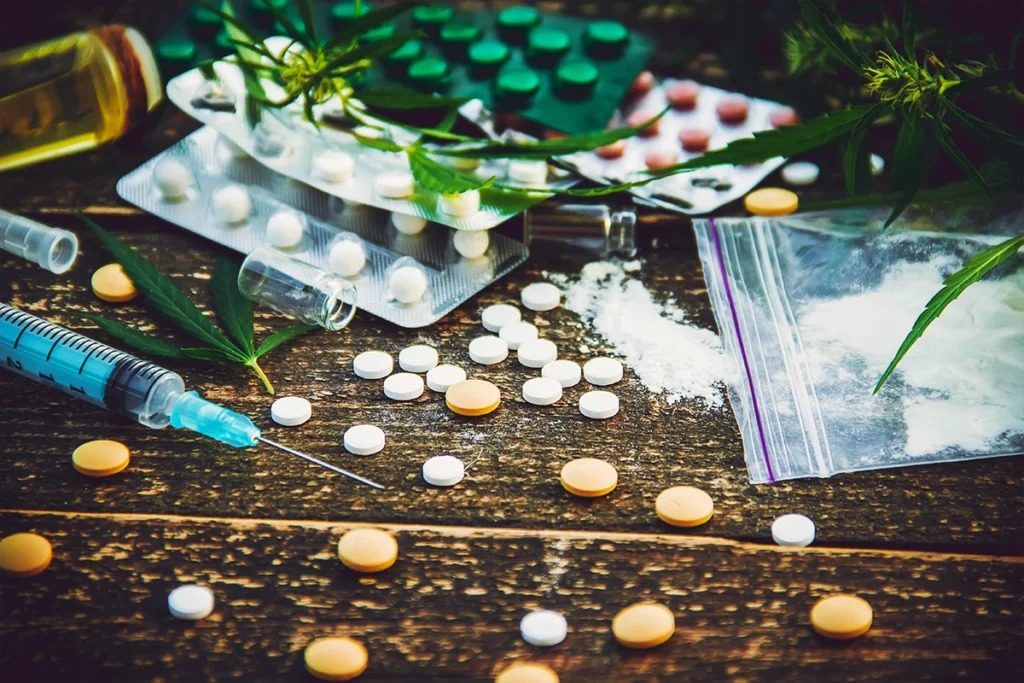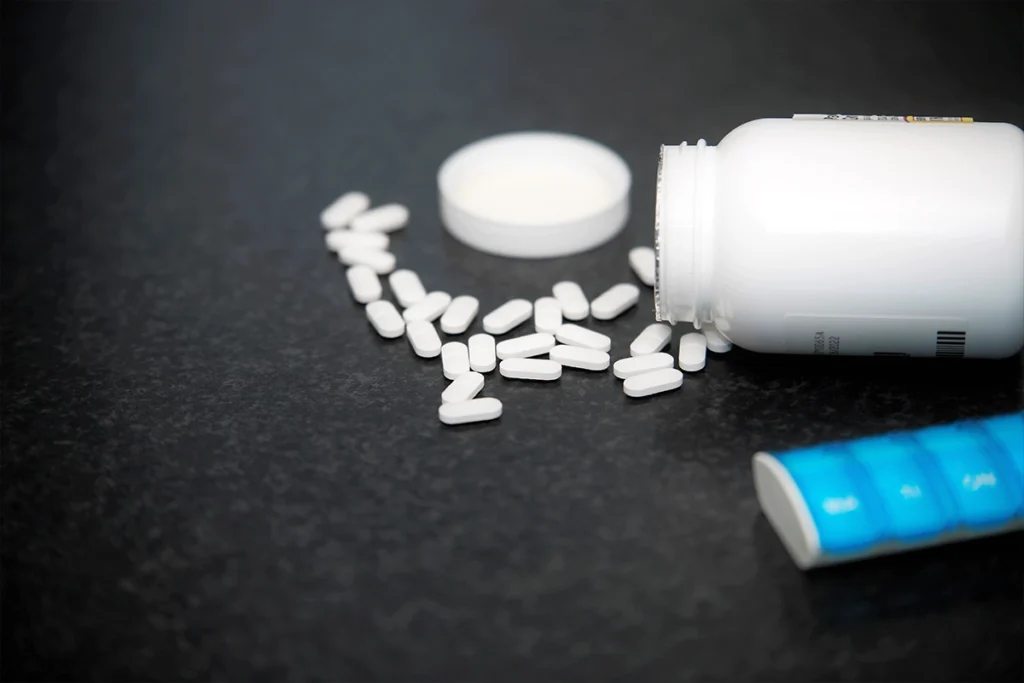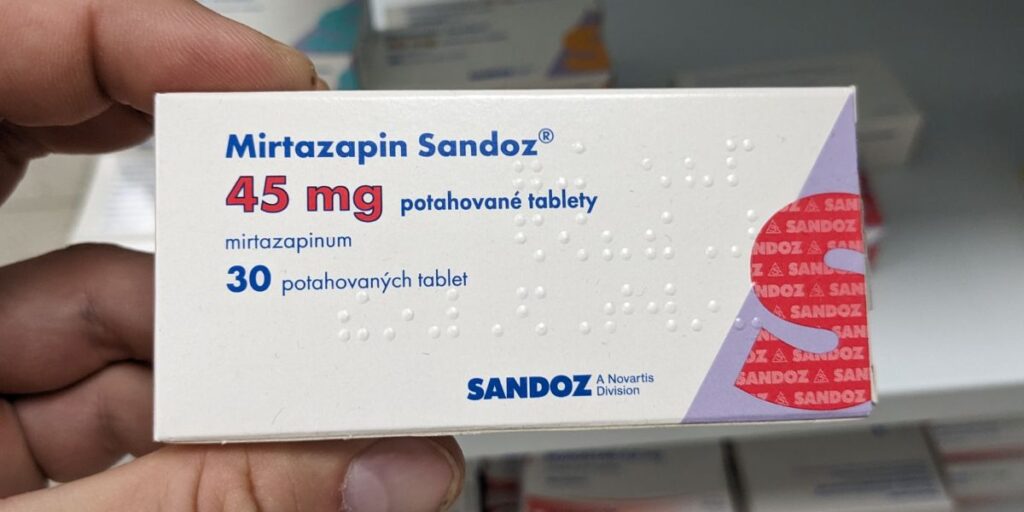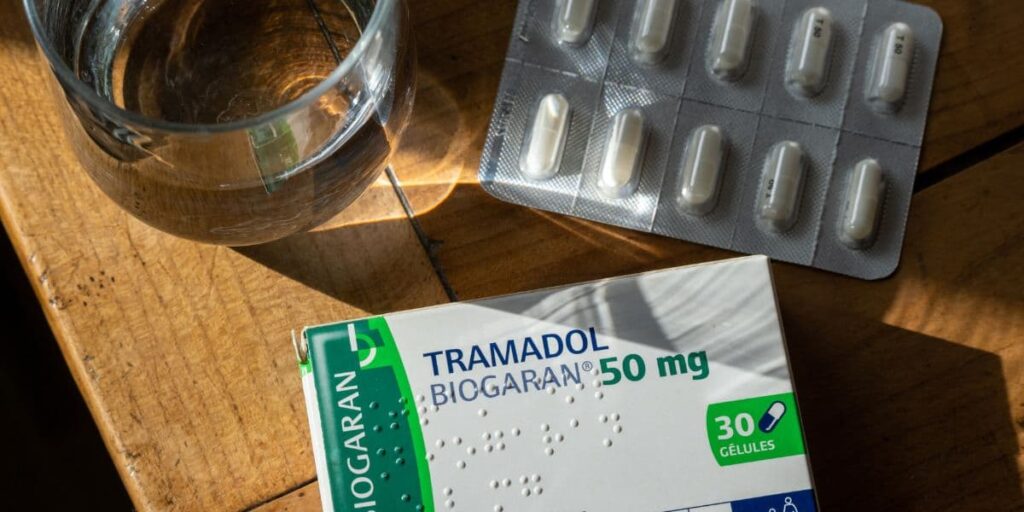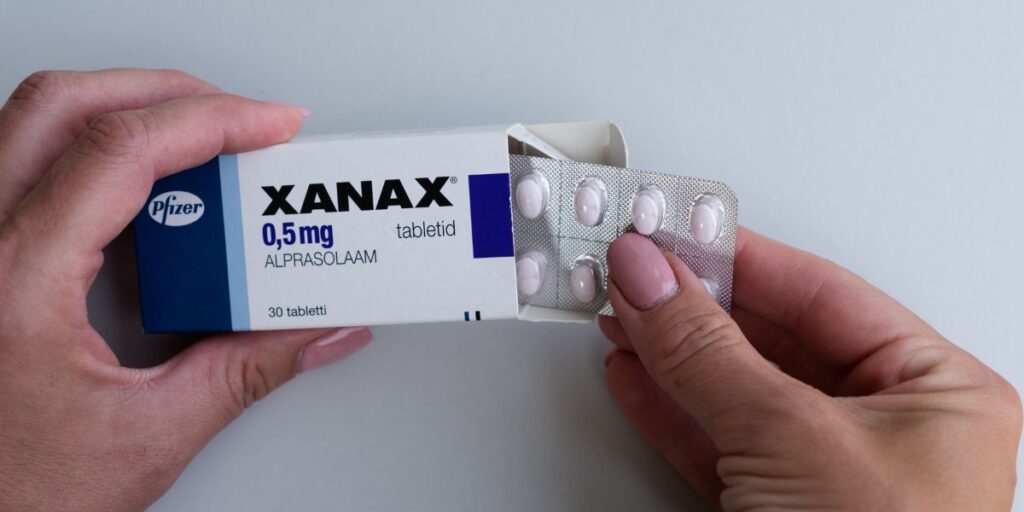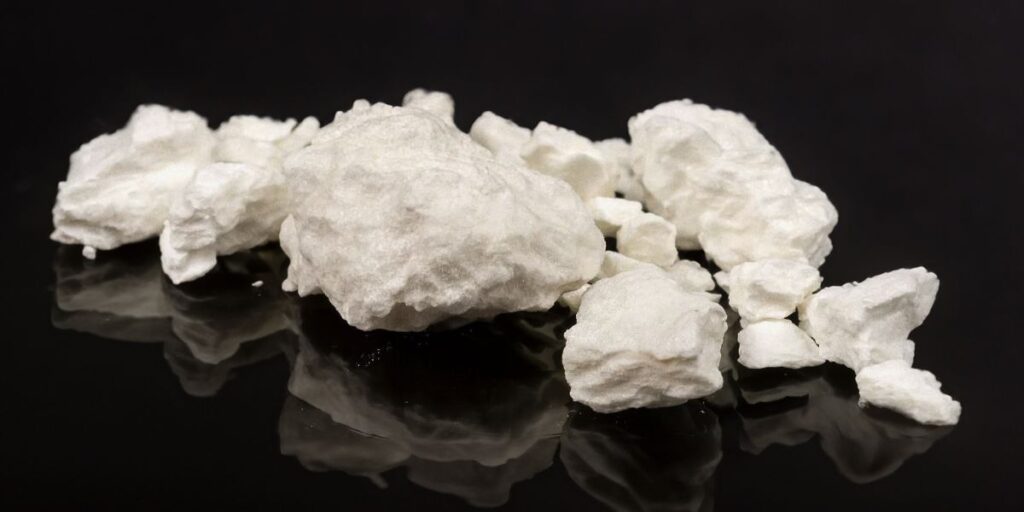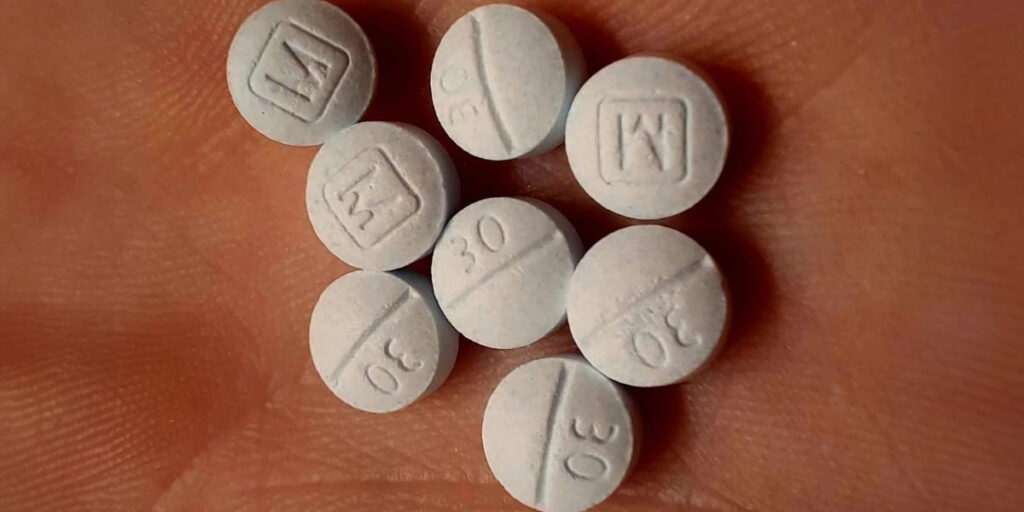Poppers, also known as alkyl nitrates, are a type of inhalant used recreationally. They are popular in certain social circles for their short-lived effects, which include a rapid head rush and relaxation of smooth muscles. Still, despite their widespread use, poppers carry significant risks and side effects that are often overlooked.
What Are Poppers?
Poppers are a group of chemicals known as alkyl nitrates, including amyl nitrate and isopropyl nitrate. They are typically found in small bottles and are often marketed under names like Liquid Gold or leather cleaner. Poppers are volatile liquids that evaporate quickly at room temperature, allowing users to inhale the vapors.
Historically, they were used as a medical treatment for angina due to their ability to dilate blood vessels and reduce chest pain. However, their use has shifted primarily to recreational contexts.
What Are Poppers Used For?
The use of poppers is primarily for their psychoactive effects and as a means to enhance sexual experiences. When inhaled, poppers induce a sudden rush of blood to the head, creating a sensation of euphoria and light-headedness, commonly referred to as a “head rush.” This effect is short-lived, typically lasting just a few minutes.
Among the LGBTQ community, poppers are often used during anal sex to relax the anal sphincter muscles, making the experience less painful and more pleasurable.
Poppers are also used recreationally at clubs and parties, where they are sometimes mixed with other substances. It is important to note that mixing poppers with other drugs, especially erectile dysfunction medications like sildenafil, can be extremely dangerous. The combination can cause a severe drop in blood pressure, leading to serious cardiovascular issues.

Poppers Side Effects and Risks
While poppers are often perceived as relatively safe due to their legal status and availability in adult novelty stores, they carry several health risks. The most immediate side effects include headaches, dizziness, and a sudden drop in blood pressure. More severe reactions can include chemical burns from skin contact with the liquid and respiratory issues from inhaling the vapors.
Chronic use of poppers can lead to more severe health problems. For instance, there is evidence to suggest that regular use may lead to strokes, heart attacks, and other cardiovascular issues. This is partly due to the vasodilating effect of the chemicals, which can strain the heart. There have also been reports of a condition known as “sudden sniffing death syndrome,” where inhalation of the vapors can cause an unexpected and fatal heart arrhythmia.
Another concerning risk is the potential for methemoglobinemia, a blood disorder where red blood cells cannot effectively release oxygen to body tissues. This condition can result in symptoms like cyanosis (bluish skin), fatigue, and shortness of breath. In severe cases, it can be life-threatening.
Additionally, the use of poppers has been linked to risky sexual behaviors, which can increase the likelihood of sexually transmitted infections (STIs). This risk is particularly pronounced in the context of the LGBTQ community, where poppers are sometimes used to facilitate unprotected anal sex.
Are Poppers Dangerous?
Given the range of potential side effects and health risks, the question arises: are poppers dangerous? The answer largely depends on the frequency and context of use. Occasional use in small amounts may result in only minor, temporary side effects. However, frequent use or combining poppers with other substances significantly increases the risk of severe health complications.
The Food and Drug Administration (FDA) has issued warnings about the dangers of inhaling or ingesting poppers, highlighting the potential for severe injury or death. Despite these warnings, many users underestimate the risks, viewing poppers as a harmless recreational drug. This perception is dangerous and overlooks the significant health risks associated with their use.
Moreover, the long-term consequences of popper use are not yet fully understood, particularly concerning their impact on brain health and cognitive function. Some research suggests that chronic exposure to nitrites may cause oxidative stress, leading to cellular damage in the brain. This could potentially result in memory issues, impaired judgment, and other cognitive impairments over time.
While more research is needed to understand these effects fully, the existing evidence raises serious concerns about the safety of poppers, particularly for long-term users. As such, users must be aware of these potential dangers and approach the use of poppers with caution.

Inhalant Addiction Treatment at NATC
For those struggling with popper use or other inhalants, seeking professional help is crucial. Inhalant addiction can be challenging to overcome, but with the proper support and treatment, recovery is possible.
Northridge Addiction Treatment Center (NATC) provides comprehensive, evidence-based inpatient treatment programs tailored to the unique needs of residents addicted to inhalants. From our medical detox program and medication-assisted treatment program to counseling and support groups, NATC provides a safe and supportive environment for recovery.
If you or someone you care about is dealing with popper misuse, reach out to NATC. Our compassionate treatment specialists are eager to discuss your needs, goals, and treatment options.


